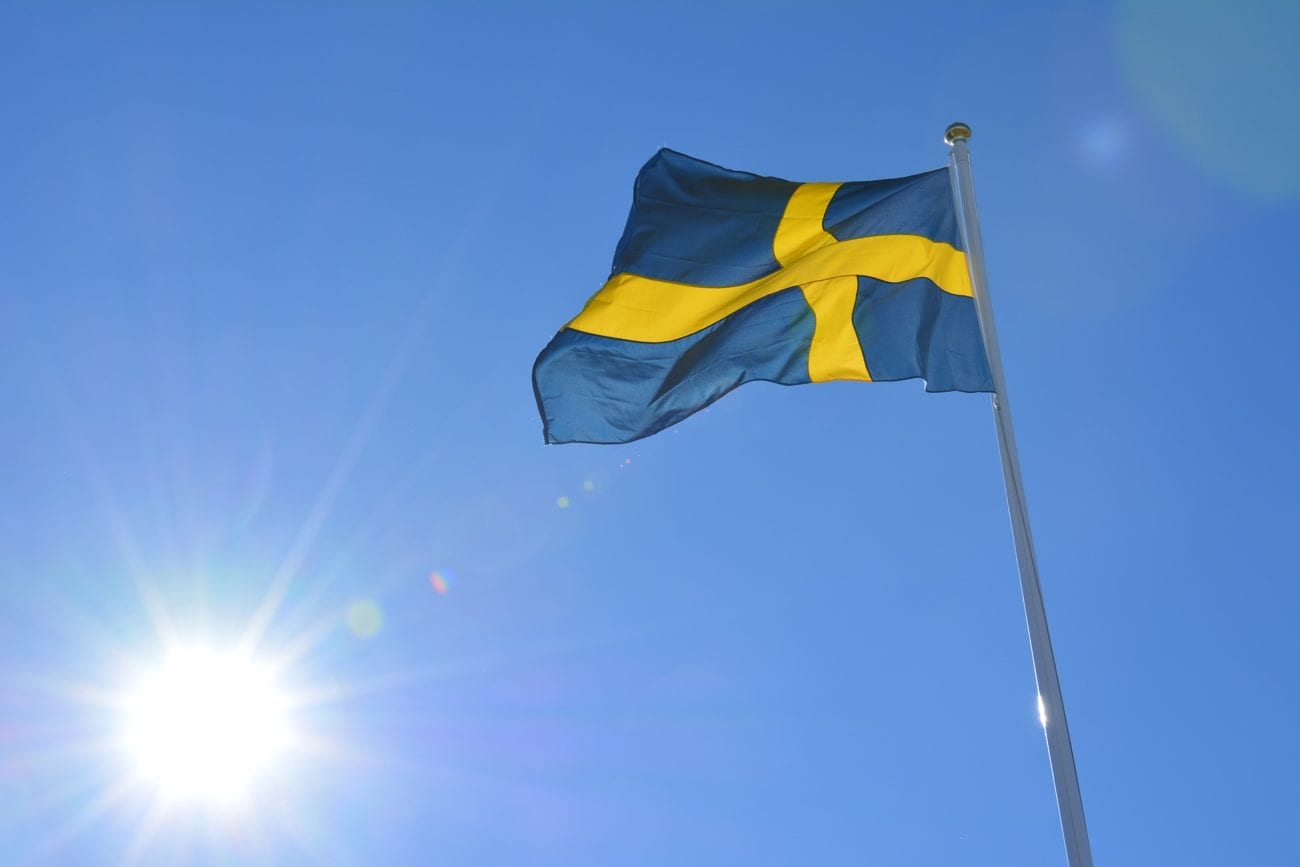Swedish court rules Spelpaus cannot be overruled

The Administrative Court of Linköping has ruled that Swedish gamblers cannot end periods of self-exclusion before the agreed period.
The ruling was made following a challenge from a player, who had attempted to have themselves removed from the country’s national self-exclusion database Spelpaus before the agreed period had concluded.
Having had their request to be removed from the database rejected by Spelpaus, they took their case to court. However the Administrative Court ruled that if an individual could voluntarily end their suspension, it would undermine the purpose of Spelpaus, and therefore rejected the claim.
Spelpaus, which launched on January 1 to coincide with the opening of Sweden’s regulated igaming market, allows players to self-exclude for one, three or six months, or until further notice.
Players are required to register with their BankID number, and are then blocked from accessing igaming sites for the agreed period, while operators are also required to remove their details from all marketing databases.
Those that choose to exclude until further notice are blocked for at least a year, after which they can lift their self-imposed suspension via the Spelpaus site. Early in February Swedish gambling regulator Spelinspektionen revealed that more than 20,000 citizens had voluntarily excluded themselves from gambling.
Spelinspektionen has been quick to ensure all licensees comply with a requirement to integrate themselves with Spelpaus, so they are able to check every player against the database to ensure they are not illegally targeting excluded individuals.
The regulator has since warned that it will impose hefty penalties against non-compliant licensees, warning that repeat offenders run the risk of having their licence revoked.
In related news Svenska fotbollförbundets’ (Svff) efforts to have sportsbook licences rescinded appear to have come to an end, after the country’s Court of Appeals refused to grant the country’s governing body for football leave to appeal an earlier ruling.
In December Svff moved to have the date at which sports betting licences became effective pushed back, in order to have additional restrictions placed on licensed operators. However first the Administrative Court of Linköping, then the Court of Appeals, ruled that Spelinspektionen, as the country’s gambling regulator held the power to decide which types of bets were allowed.
With the Court of Appeals rejecting Svff’s attempt to appeal its original objection, the matter appears to be dead.
